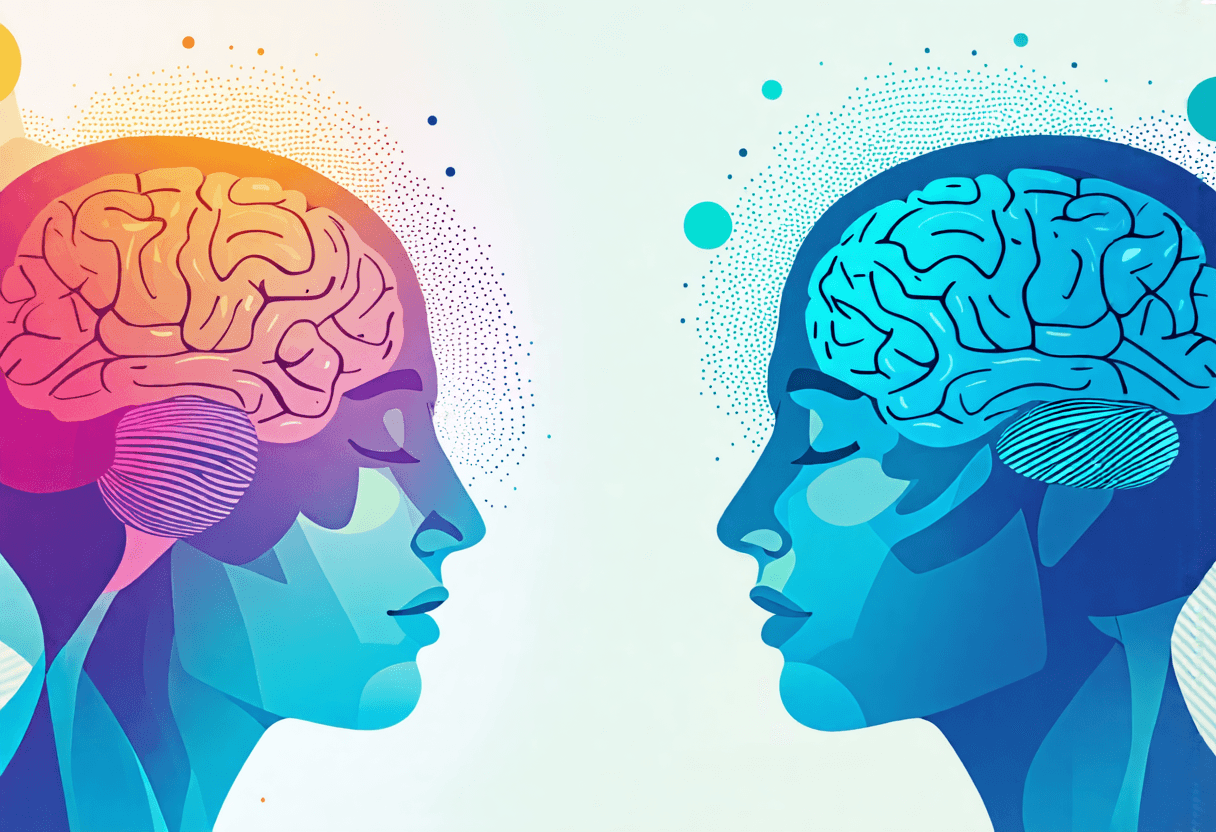
Cancer and Mental Health: Managing Anxiety and Depression
09 Oct, 2024
 Healthtrip
HealthtripWhen we hear the words "cancer diagnosis," our minds often immediately jump to the physical toll it takes on the body. We think about the grueling treatments, the endless hospital visits, and the pain and discomfort that comes with it. But what about the emotional toll? The anxiety, the depression, the feelings of hopelessness and despair? These are all very real and very common side effects of a cancer diagnosis, and they can be just as debilitating as the physical symptoms themselves. In fact, research has shown that up to 40% of cancer patients experience some kind of mental health issue, with anxiety and depression being the most prevalent. So, how can we manage these feelings and find a way to cope with the emotional weight of a cancer diagnosis?
Understanding Anxiety and Depression in Cancer Patients
Anxiety and depression are two of the most common mental health issues that cancer patients face. Anxiety is characterized by feelings of worry, nervousness, and fear, while depression is marked by feelings of sadness, hopelessness, and a lack of interest in activities that were once enjoyed. Both of these conditions can be triggered by the uncertainty and unpredictability of a cancer diagnosis, as well as the physical symptoms and side effects of treatment. For example, a patient may feel anxious about the outcome of their treatment, or depressed about the loss of their hair or the changes in their body. These feelings can be overwhelming and can affect every aspect of a person's life, from their relationships to their daily routine.
Most popular procedures in India
The Impact on Daily Life
When anxiety and depression take hold, even the simplest tasks can feel like climbing a mountain. Getting out of bed in the morning can be a struggle, and activities that once brought joy and excitement can now feel like a chore. Relationships with loved ones can suffer, and social interactions can become awkward and uncomfortable. The anxiety and depression can also affect a person's ability to concentrate and make decisions, making it difficult to navigate the complex healthcare system and make informed decisions about their care. It's a vicious cycle, and one that can be hard to break free from.
Coping Mechanisms and Strategies
So, how can cancer patients manage their anxiety and depression? The good news is that there are many effective coping mechanisms and strategies that can help. One of the most important things is to acknowledge and validate their feelings. It's essential to recognize that anxiety and depression are a normal part of the cancer experience, and that it's okay to not be okay. This can help to reduce feelings of guilt and shame, and can make it easier to reach out for support. Talking to a mental health professional, such as a therapist or counselor, can also be incredibly helpful. These professionals can provide a safe and non-judgmental space to process emotions and develop coping strategies.
Wellness Treatments
Give yourself the time to relax
Lowest Prices Guaranteed!

Lowest Prices Guaranteed!
Self-Care and Mindfulness
Self-care and mindfulness are also essential tools in managing anxiety and depression. This can include activities such as meditation, yoga, and deep breathing exercises, which can help to calm the mind and reduce feelings of anxiety. Engaging in hobbies and activities that bring joy and relaxation, such as reading, listening to music, or taking a warm bath, can also be incredibly beneficial. It's also important to prioritize sleep and exercise, as these can help to regulate mood and reduce symptoms of anxiety and depression.
Support Systems and Resources
Having a strong support system in place can also make a huge difference in managing anxiety and depression. This can include family and friends, as well as support groups and online communities. These resources can provide a sense of connection and community, which can be incredibly powerful in the face of a cancer diagnosis. There are also many resources available specifically for cancer patients, such as the American Cancer Society's Cancer Support Network, which provides online support groups and one-on-one support from trained facilitators.
Breaking the Stigma
Finally, it's essential to break the stigma surrounding mental health and cancer. We need to recognize that anxiety and depression are not weaknesses, but rather a natural response to a traumatic and life-altering event. By talking openly and honestly about our feelings, and by seeking support and resources, we can begin to break down the barriers that prevent people from seeking help. We need to create a culture where it's okay to not be okay, and where seeking help is seen as a sign of strength, not weakness.
Managing anxiety and depression is a crucial part of the cancer journey. By acknowledging and validating our feelings, seeking support and resources, and prioritizing self-care and mindfulness, we can find a way to cope with the emotional weight of a cancer diagnosis. It's not easy, but it is possible. And by breaking the stigma surrounding mental health and cancer, we can create a more supportive and inclusive community for all those affected by this disease.









